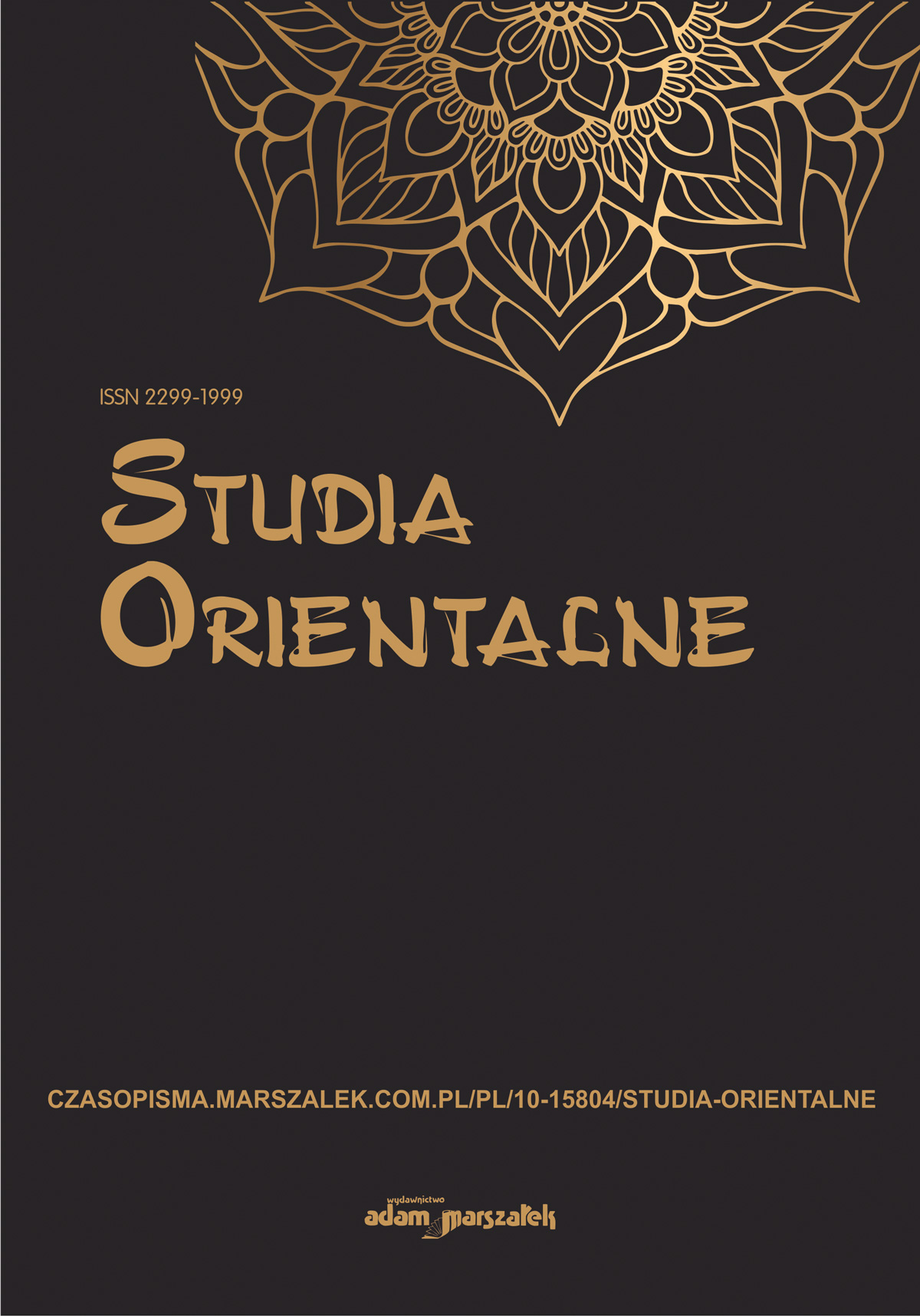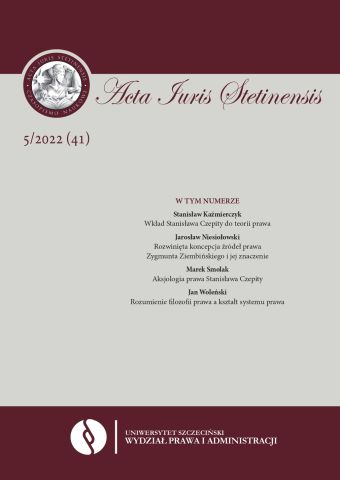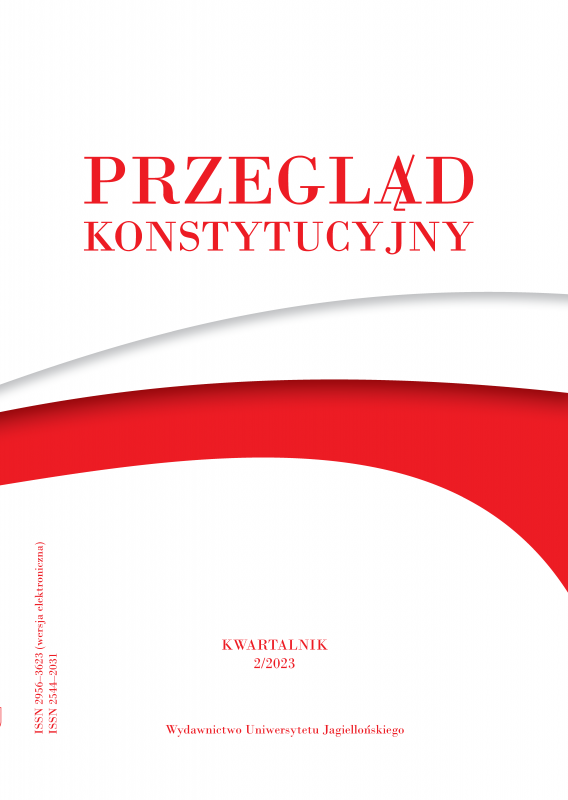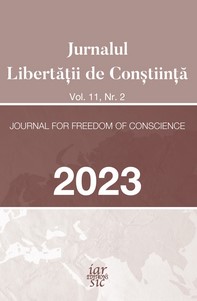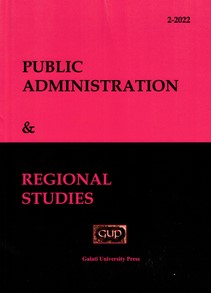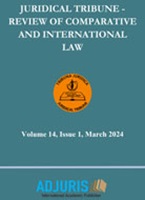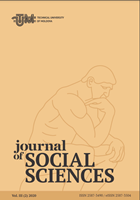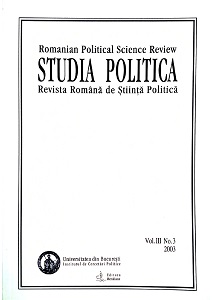
Revizuirea Constituției României. Aspecte de politică externă și integrare euroatlantică
After more than a decade from the elaboration of its Constitution, Romania is on the point to revise his Fundamental Law. This article focuses on the consequences that the new constitutional proceedings will have on the Romanian foreign policy. The issues that make the object of our research are grouped in five chapters: general principles regarding the balance of powers; the compatibility of the constitutional norms with the Council of Europe and the European Union's legislation; Romanian accession to the European Union; Romanian participation at the international security system; the relationship between international treaties and internal law. The main core of this article is the analysis of the relationship between the new constitutional provisions and the relevant Romanian and international legislation. Our general conclusion is that, even if the official purpose of this constitutional revision is to facilitate the Romania's integration into the euro-atlantic political structures, the hell norms were drew up in a manner that is sometimes in contradiction with the above – mentioned purpose.
More...
